The Chinese women's table tennis team has seen the rise of new stars, while the Japanese women's singles have suffered a setback in Doha. After the Olympic cycle, why is the table tennis ecosystem so different between the two countries? Table tennis is a source of pride for the Chinese people, but at this Doha Star Match, the Japanese women's singles were somewhat "heart-wrenching" to watch. All four main players were eliminated, resulting in a resounding defeat.
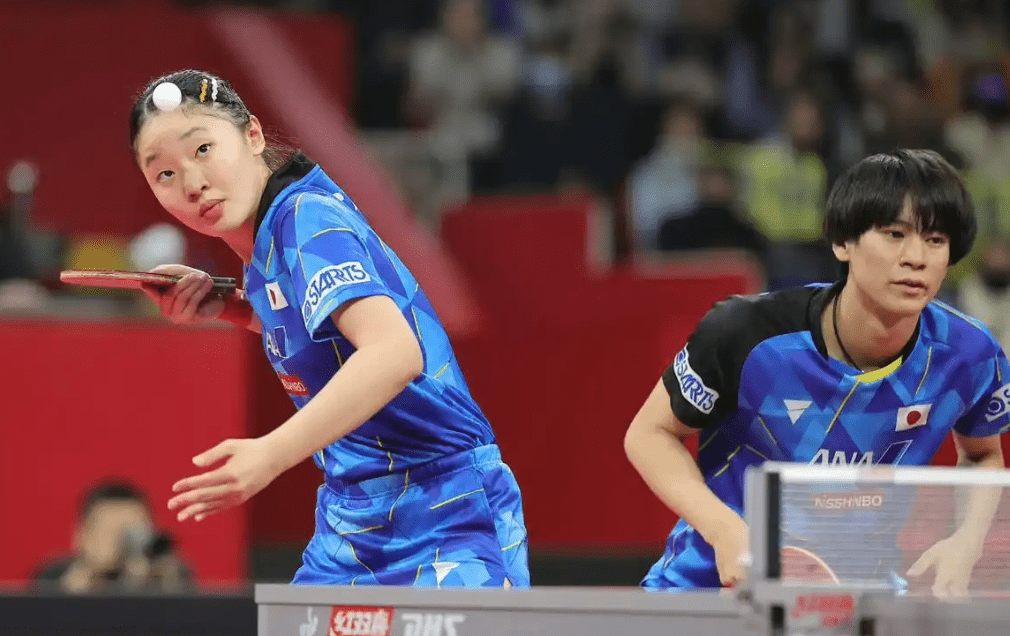
On one side, people are still cheering for the comprehensive victory of the Chinese team, while on the other, players like Mima Ito, Miyuu Kihara, Miu Hirano, and Saki Shibata have already started packing their bags. In this seemingly ordinary match, there are actually hidden changes in the table tennis landscape after the Olympic cycle. The question arises: Why are new stars constantly emerging and showing great confidence on the Chinese women's team, while the Japanese women's singles seem to have collectively lost their spark?

Speaking of this tournament, there are many aspects of the three matches that are worth considering. Let's start with Shi Xunyao's upset against veteran Zhu Yuling. This is not just a simple win or loss; it marks the completion of the generational transition within the Chinese team. As a former world champion, Zhu Yuling has enough experience and a mature mindset, right? However, facing Shi Xunyao, the 00s challenger, she seemed somewhat overwhelmed.
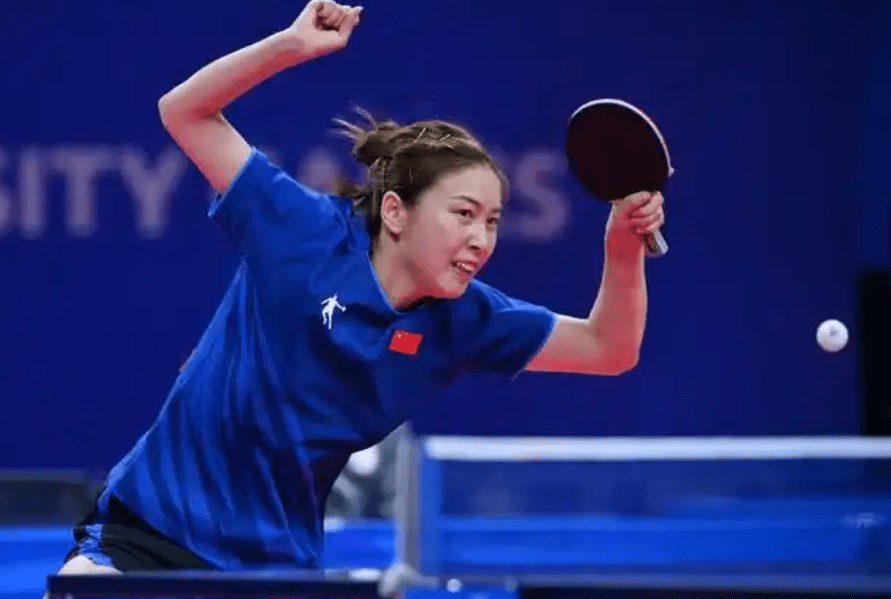
In the first game, Zhu Yuling initially had some momentum and took the initiative, but unfortunately, she was disrupted by Shi Xunyao's "long push" at a critical point, coupled with an impenetrable defense and counterattack, resulting in a 9-11 loss in the first game. The next two games were even more difficult to recover from. In the second game, her serve was restricted, and she was处处受限 by Shi Xunyao. In the third game, she made frequent mistakes, ultimately conceding a 5-11 score. Throughout the match, Shi Xunyao appeared energetic and full of vigor, while Zhu Yuling seemed to lack endurance, even appearing slightly exhausted in her movements.
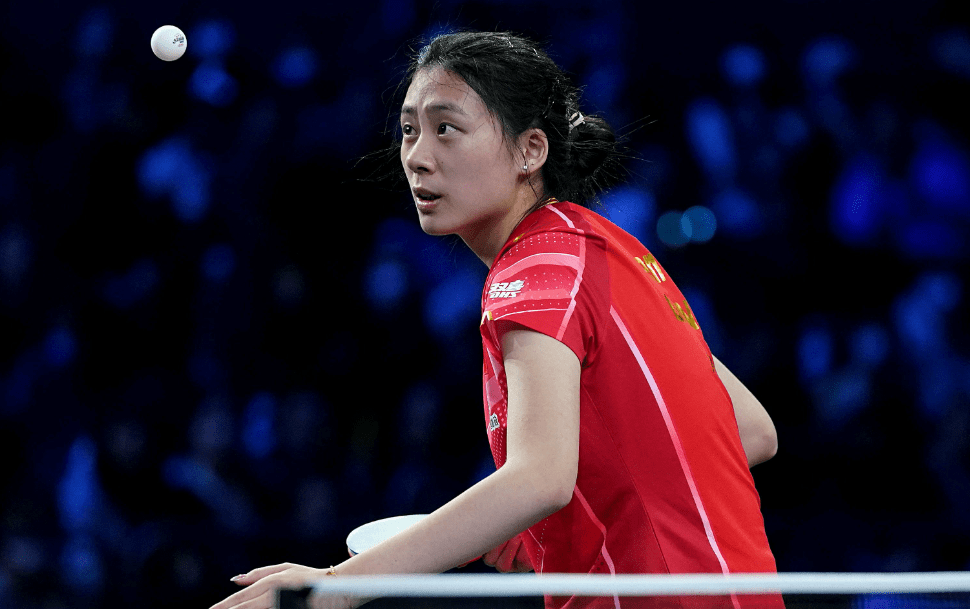
Next, let's look at Qian Tianyi's 3-0 sweep of Indian player Manika Batra. If Shi Xunyao's victory was about the "new generation breaking through the old guard," then Qian Tianyi's victory was about overwhelming with absolute strength. In the first game, Batra was once proactive, but she couldn't hold up against the changes in serve and rally speed, being successfully reversed by Qian Tianyi with an 11-9 score. In the following second and third games, Qian Tianyi executed her tactics flawlessly, maintaining a steady approach and leaving no room for her opponent throughout. Especially in the third game, Qian Tianyi became even more decisive, easily closing out the game with an 11-4 score, displaying a "sharp" performance that didn't resemble that of a young player!
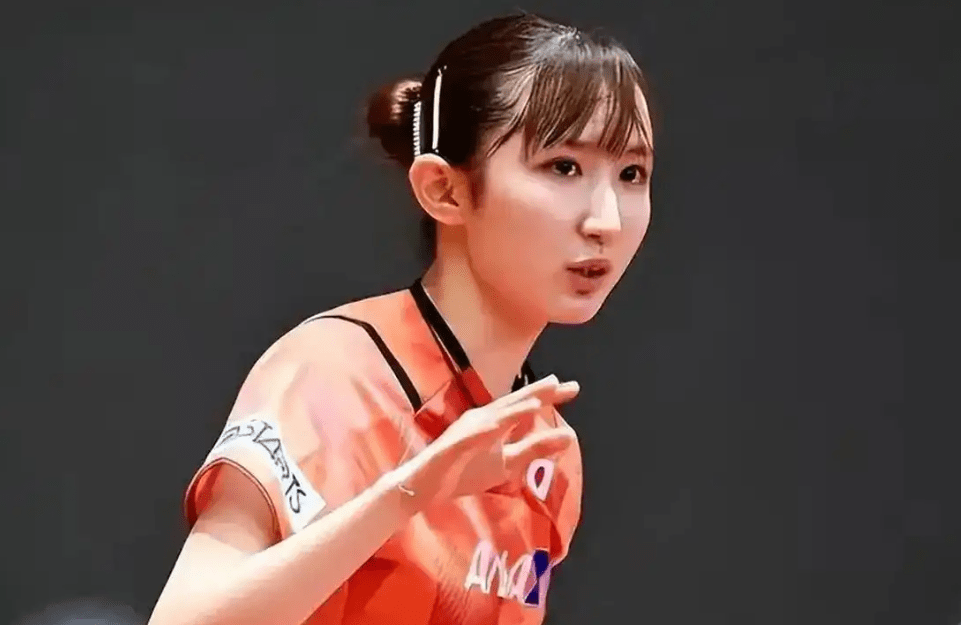
Finally, let's talk about Chen Yi, who is a super "dark horse" capable of handling pressure. Who was her opponent? Mima Ito, the undisputed "number one" in Japanese women's singles. Before the match, many did not favor Chen Yi, as Mima Ito is more technically comprehensive and has more international competition experience. However, the match was full of ups and downs, and it was impossible to know who the real winner would be until the end. Chen Yi was slightly nervous at the start and lost the first game, but quickly adjusted and gradually stabilized her rhythm through aggressive attacks. Facing Mima Ito's fierce counterattack in the fourth game, she also withstood the pressure and dragged the match into a decisive game, eventually completing a comeback with a 3-2 victory.

Meanwhile, the performance of the Japanese team is simply disheartening. Mima Ito has just returned, and her state hasn't fully adjusted yet, resulting in repeated mistakes in her on-site response; Miyuu Kihara and Miu Hirano were also eliminated along with Saki Shibata before the round of 16. An even greater concern is that the young players don't seem to be growing fast enough. With mainstays like Mima Ito struggling, the team's backup strength hasn't truly stepped up. This time, the Japanese women's singles were almost completely wiped out, losing not only in terms of skill but also in the mentality for major competitions and the shortcomings of the national training system. Over the past few years, the Japanese team's problems have been stuck on the issue of "new talent cultivation," with main players "dragging" along and young players "learning" along.
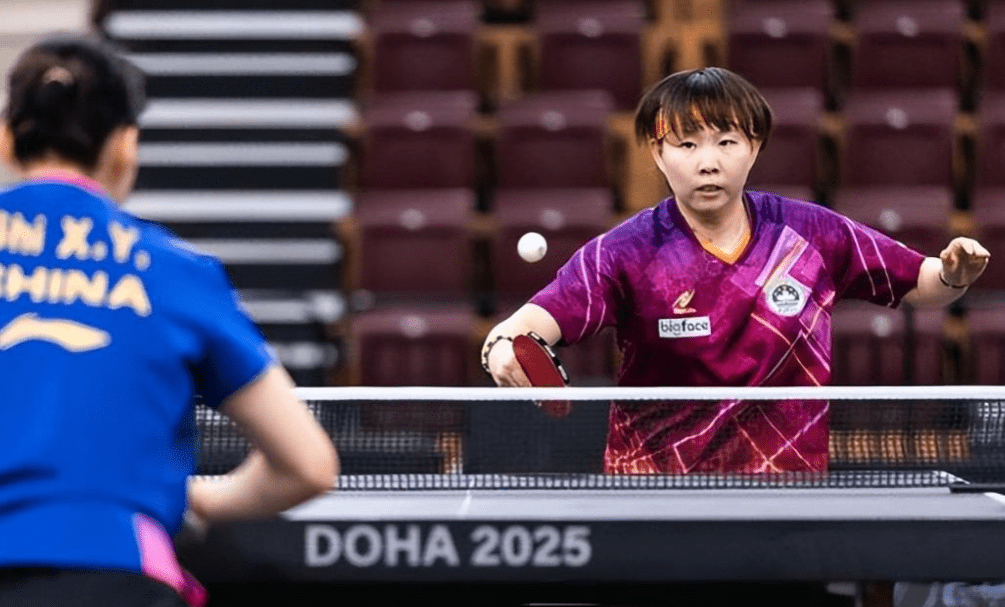
On the other hand, the Chinese women's team has used victory after victory to tell the world: Even our "substitutes" might be stronger than you. Shi Xunyao's long defensive pushes, Qian Tianyi's serve and attack skills, and Chen Yi's big heart all demonstrate the hard power of the new generation of Chinese table tennis players. Moreover, behind these players is a complete training system that supports them. No wonder some say that the Chinese table tennis team is not just a team, but a "gold mine" of talent.
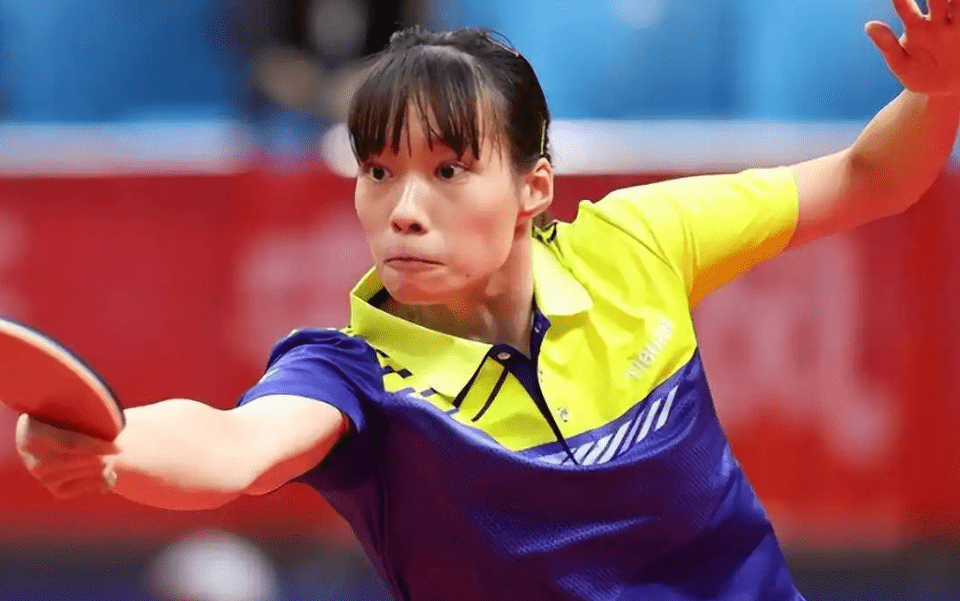
Looking ahead from this match, the core problem plaguing the Japanese team is their lack of systemic advantages. Whether it's veterans or newcomers, the Chinese team can always "march forward," while in contrast, Japanese young players often have single technical skills and insufficient mental fortitude. Similarly, as a newcomer, Shi Xunyao can flexibly adjust strategies in the game, while Japanese newcomers tend to become emotional and "fall apart" during play.
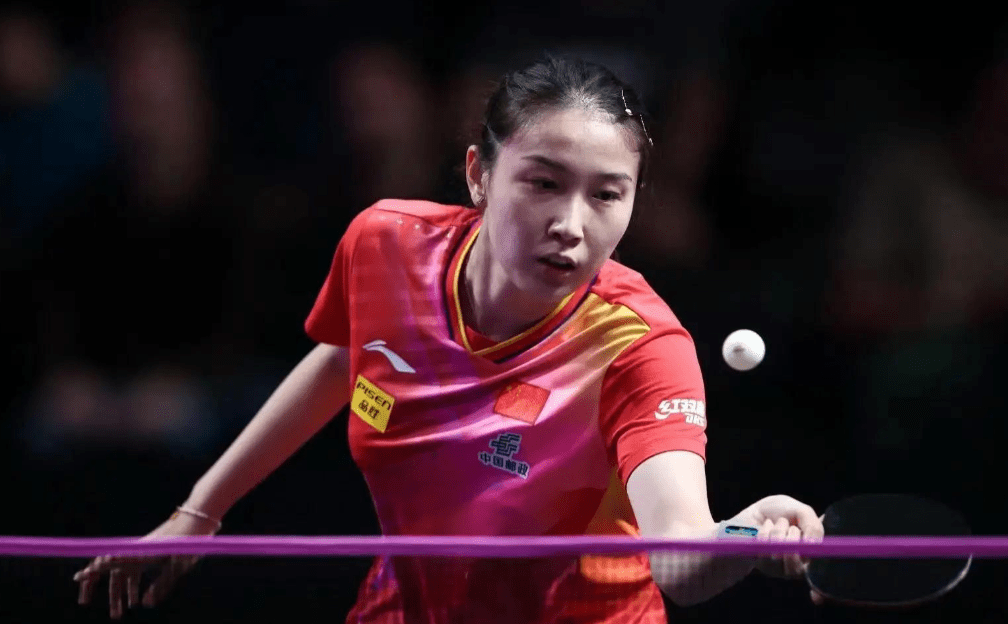
The reason why China's young players can quickly rise to prominence is that there is a whole set of scientific and systematic training methods behind them. They are immersed in table tennis culture from a young age and have the support of a complete echelon competition system and security mechanisms across the country. This "bench depth" is far beyond what a few breakthrough genius players can compare to.
Of course, the Japanese team is not without hope. From Miu Hirano to Mima Ito, they have all had their moments of glory, and even though their current form is poor, there is still time to adjust within the Olympic cycle. The key is whether the Japanese team can face their current concerns head-on, invest more resources in the cultivation of the new generation of players, rather than just pinning hopes on a few main players.
The rules of the table tennis world have long proven that whoever holds the systemic advantage will come out on top. The strength of the Chinese team lies in never relying on "a single pillar to hold up the sky," but rather a pyramid that progresses layer by layer. From Shi Xunyao's victory that dared to fight without losing composure to Chen Yi's resilience in the face of Mima Ito's fierce counterattacks, these young players have proven with their strength that the future of Chinese table tennis is not only stable but also strong!
On the future stage, competition will only become more intense. But to be honest, at least for now, the Chinese table tennis team not only stands tall but also firmly grasps the "king's" seat. In the field of table tennis, there is a saying that "quality determines everything." If the Japanese team wants to catch up, they still need to step up their efforts.
(Disclaimer: The processes and images described in the article are sourced from the internet. This article aims to promote positive social energy and does not contain any vulgar or inappropriate content. If there are any copyright or personal infringement issues, please contact us in time, and we will delete the content immediately! If there are any questionable parts of the event, we will delete or make changes immediately after contacting us.)